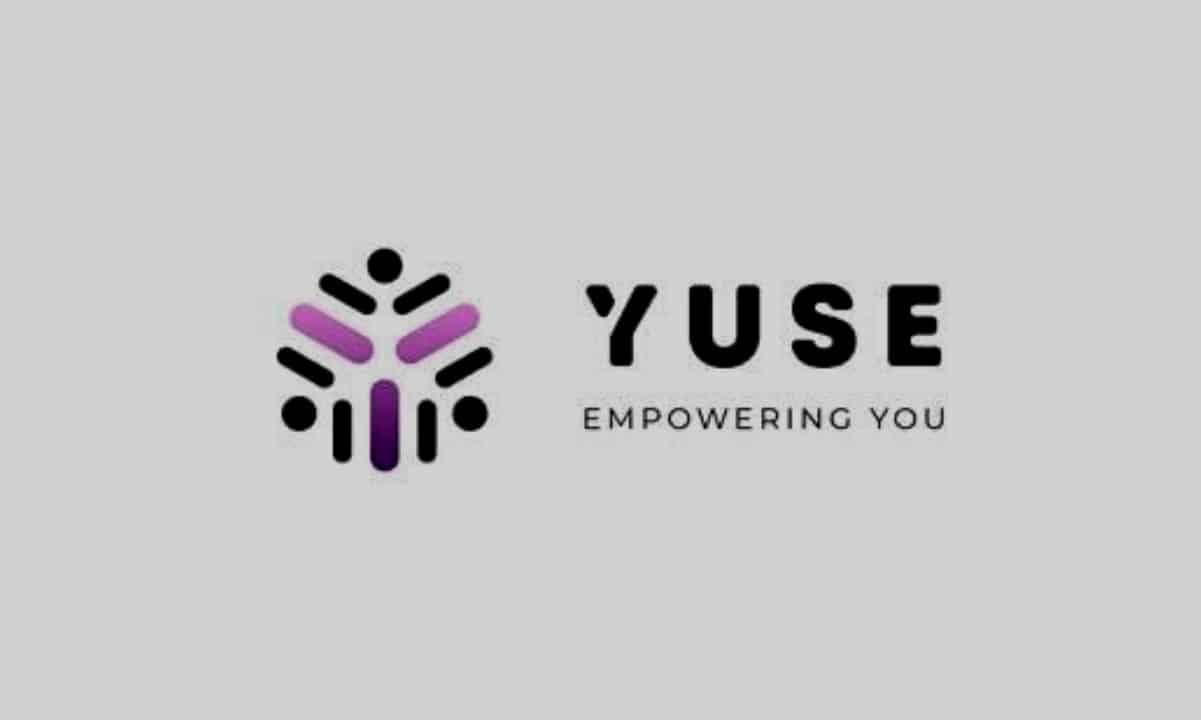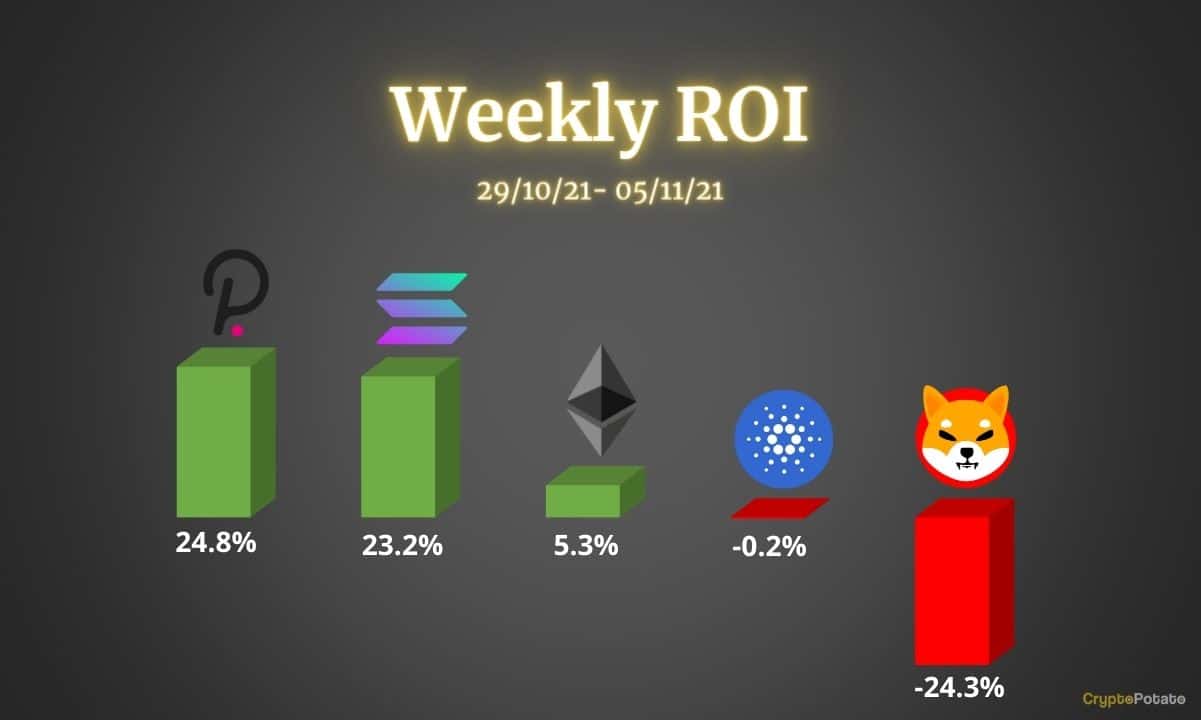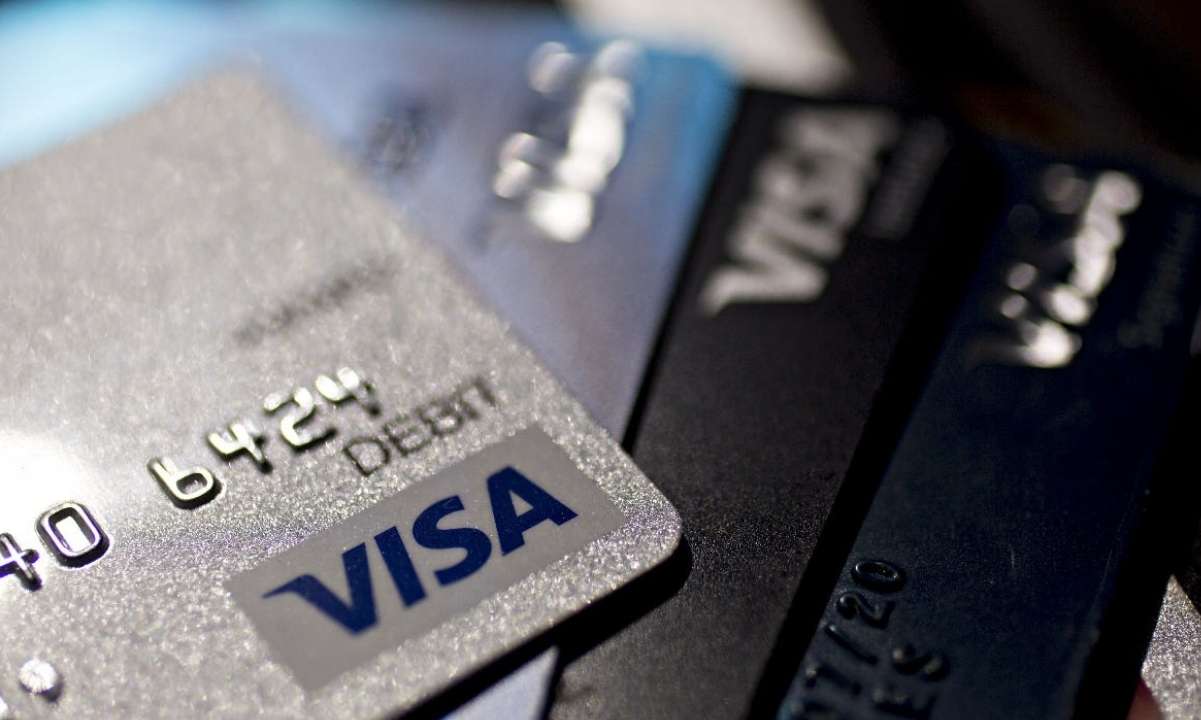This Chinese hotel accepts ETH despite the ban
In a surprise act of defiance, the newly launched Ethereum Hotel in the hinterland of Western China will challenge a government ban on the use of cryptocurrency in China. Located among the most scenic areas of Sichuan province, this rural paradise-based tourism business will push ahead overstepping regulatory restrictions. The government has not reacted immediately to the continued tweets and social media following that the crypto-hotel is currently enjoying.
The country had banned cryptocurrencies trading on domestic exchanges, not long after it banned initial coin offerings (ICOs). Interestingly, the ban on ICOs has not been applied to exchange activity. There are no restrictions on Over-the-Counter Transactions.
Ethereum Hotel, China’s first hotel that accepts $ETH as payment, is ready to open their business in National Scenic Area of Four Girls Mountain (Sichuan Province).
Source (in CN): https://t.co/CNF7po6IUq pic.twitter.com/YDQYC4EcZb
— cnLedger (@cnLedger) September 26, 2018
Government Crack Down Hard on Cryptos
Lately, the highest banking institution in the country, The People’s Bank of China has been cracking down hard on cryptocurrency businesses or any other transactional processes involving decentralized currencies.
Last September, the regulator went beyond banning ICOs crippling the use of non-fiat commerce in the country. However, PBoC officials continued to state that the ban was only on the currency and did not block the progress or the adoption of Blockchain Technologies.
China backs DLT
Then, Director General of PBoC, Sun Guofegn reiterated at the time of banning the currency that research related to Decentralized Ledger Technology (DLT) or blockchain technology “shall not be prevented.”
The reason the military-regime nation is supportive of DLT is that the technology supports a wide range of applications since it focuses on ensuring privacy and at the same time renders data records immutable.
Ban only Effective on the Mainland
Despite the strict enforcement of rules in China, it is apparent that the ban on cryptocurrencies has largely been restricted to the mainland. Activities that are thriving in other regions include the use of OTCs for conversion of RMB Holdings to Bitcoins or USDT. These transactions are able to survive despite the scrutiny, essentially because of the encrypted nature of the trade.
But in the case of the Ethereum Hotel, it will not be as easy. Since the hotel will log in the details of the transactions, regulators will be able to identify the receiver as well as the sender of Ethereum.
Analysts are quickly pointing out that legally, the Ethereum Hotel could well be treading a thin line. Legal experts opine that the ambiguity with which PBoC has defined Bitcoin as a ‘special commodity’ and not as a “currency” makes Bitcoin legally not a fiat currency and cannot be circulated or traded as a currency in the market. Market observers believe that the government will persist with this line of regulatory compliance and the Ethereum Hotel could well come under strong action.
The post This Chinese hotel accepts ETH despite the ban appeared first on CryptoPotato.








